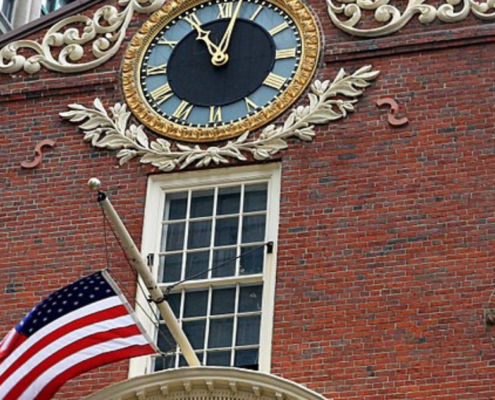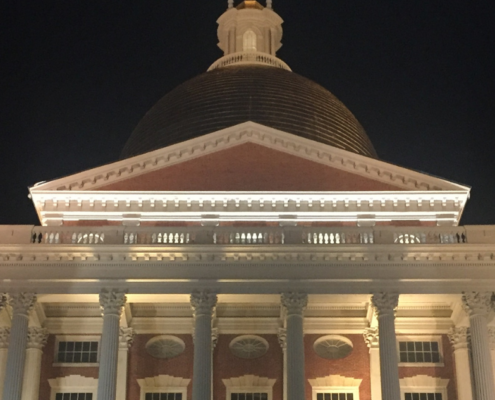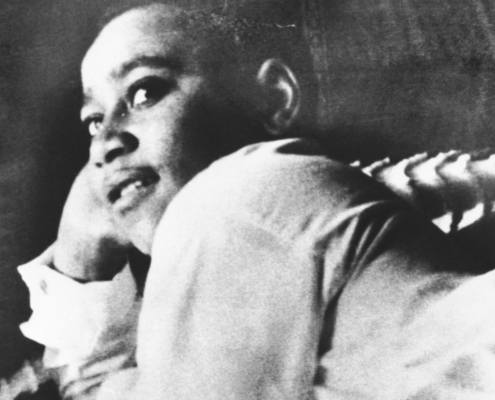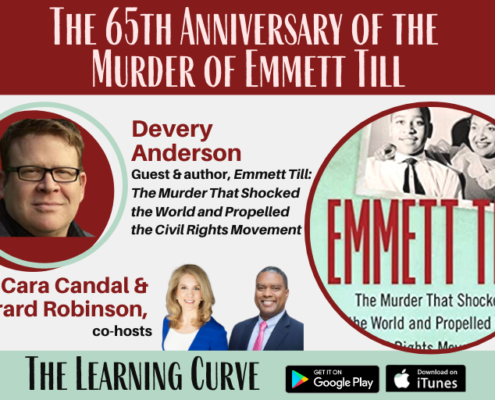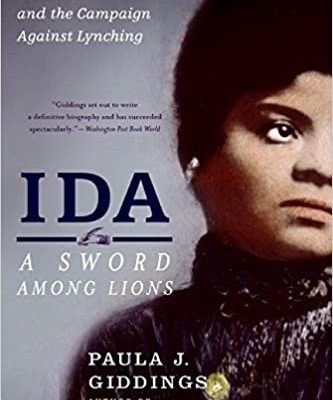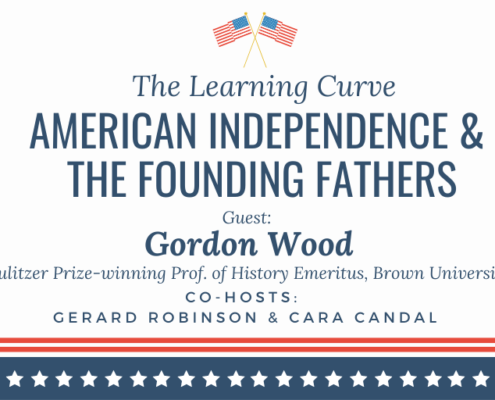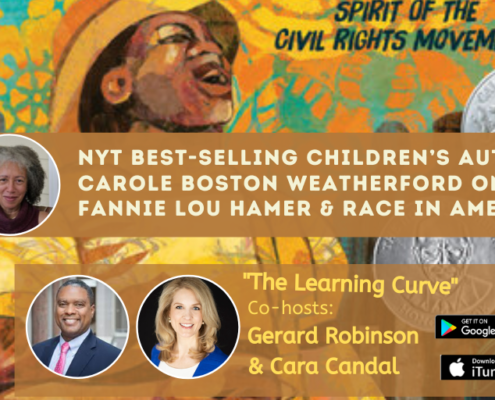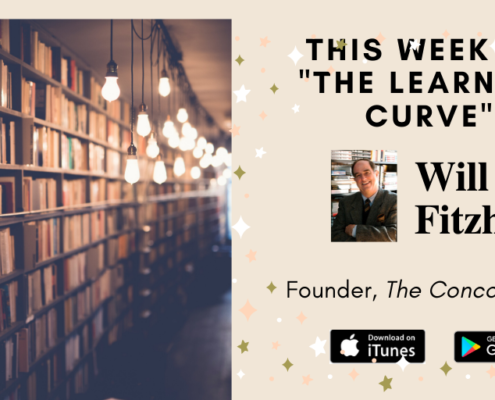To Keep Our Republic, American Students Must Study The French Revolution
By Jamie Gass and Will Fitzhugh
This op-ed appeared in The Federalist, The Berkshire Eagle, and The Springfield Republican.
The French Revolution began with optimistic Age of Enlightenment slogans about ‘Liberté, Égalité, Fraternité,’ before quickly degenerating into the darkened recesses of human nature.
“In this period, the head and body of Monsieur Foulon are introduced in triumph, the head on a pike, the body dragged naked on the earth,” reads the diary of Gouverneur Morris, later the U.S. minister to France, after witnessing mob violence in 1789 Paris. “[T]his horrible exhibition is carried through the different streets… Gracious God! What a people!”
May marks the French Revolution’s 230th anniversary. It began with optimistic Age of Enlightenment slogans about “Liberté, Égalité, Fraternité,” before quickly degenerating into the darkened recesses of human nature. Tens of thousands of public beheadings and Maximilien Robespierre’s Reign of Terror delivered the imperial military dictatorship of Napoléon Bonaparte.
Grounded in an understanding of humanity’s vices and virtues, Morris, his friend Alexander Hamilton, and America’s Founding Fathers were all conscientious students of history. Their generation’s 18th-century liberal arts educations taught them volumes about ancient and modern lawgiving and leading a successful revolution for ordered liberty.
American schoolchildren today need to know their nation’s history. For more than 30 years, the national contest “We the People: The Citizen and the Constitution” has instructed high school students about U.S. political principles. Anyone who believes American history is the civic wellspring of our country should applaud this program’s indispensable teachers and students for promoting the ideals of constitutionalism and self-government.
Only a couple years before heading to France, Morris was the most vocal participant at the 1787 Constitutional Convention in Philadelphia, during which he drafted the language for the U.S. Constitution, including its world-renowned Preamble. The Framers built our national architecture upon the enduring foundations of the rule of law, separation of powers, federalism, and natural rights to perpetuate America’s great experiment in republican government.
Our current political landscape, combined with decades of dismal national testing data showing K-12 students’ dearth of civic knowledge, should make us shudder. Politicians across the spectrum shamelessly use widespread ignorance about our past to tap into dangerous popular passions. History forewarns us where this can lead.
The principal French revolutionaries who led furious mobs preached sunny ideological theories about remaking human nature. Direct democracy, they claimed, would allow France to break into a new age, demolishing lawful government, private property, and established religion, and liberating the country from history. Even France’s most sacred cathedrals and abbeys, including Notre Dame and Mont-Saint-Michel, were desecrated and vandalized.
The French Revolution’s rationale did have roots in a deeply hierarchical, stratified, and corrupt civil society. For generations, incompetent monarchs and decadent aristocrats strolled the Palace of Versailles surrounded by extravagance, while the hungry, uneducated masses were mired in feudalism. Regime change was necessary, but 1789 France ignored the rational, self-restraining lessons from 1776 America.
“The moment the idea is admitted into society, that property is not as sacred as the law of God,” our own John Adams cautioned, “and that there is not a force of law and public justice to protect it, anarchy and tyranny commence.”
Students should know that even before America secured its independence from Great Britain, Adams’ 1780 Massachusetts Constitution, the world’s oldest functioning written constitution, established a bicameral legislature to check the popular will of the people.
In 1787-88, ahead of the Anglo-Irish statesman Edmund Burke’s famous 1790 essay on the horrors of the French Revolution, Adams published a three-volume book on the virtues of American constitutions. Historian Zoltán Haraszti’s scholarship shows how Adams rebuked the wild-eyed French thinkers, who believed unbridled democracy would deliver heaven on earth.
These days, schools need to focus more on historical knowledge and reasoned civic deliberation, as the “We the People” contest students do. Before they graduate, high schoolers should read at least one major history book, and write longer research papers on significant historical events.
“The political and literary world are much indebted for the invention of the new word IDEOLOGY,” wrote John Adams. “It is presumed its proper definition is the science of idiocy… taught in the [French] school of folly.”
American K-12 education must rededicate itself to teaching civics with a firm reliance on U.S. constitutionalism and the enduring lessons of history. In teaching the terrifying destructiveness of the French Revolution, schools could well be preventing students from becoming the next fanatical mob carrying torches and pitchforks.




